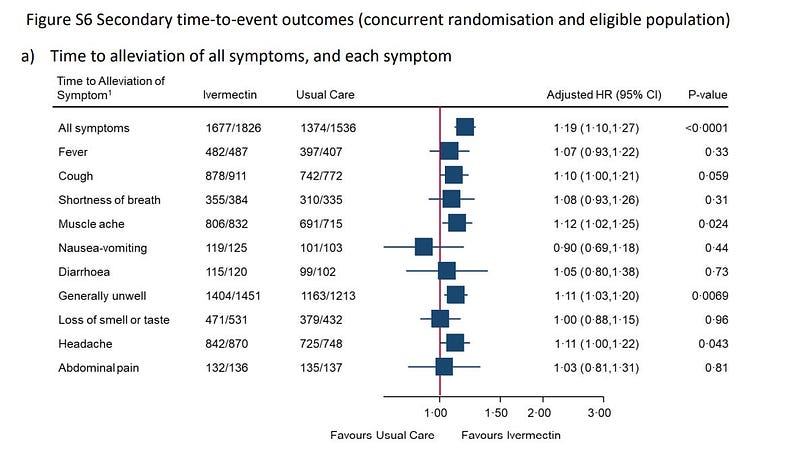Final Verdict on Ivermectin's Efficacy Against COVID-19
Written on
Chapter 1: Understanding Ivermectin
Ivermectin, renowned for its anti-parasitic properties, was initially a contender for treating COVID-19. Its low cost and high safety profile spurred interest in its potential therapeutic effects against the virus. However, my investigations since July 2021 have revealed a troubling reality: much of the foundational research supporting its use was likely fabricated.
When we first began analyzing ivermectin research, the available studies were limited. The discovery of significant flaws in several key papers from Iran, Egypt, and South America reshaped the narrative surrounding ivermectin, transitioning from a promising candidate to one that appeared increasingly ineffective against the pandemic.
As nearly three years have passed, a wealth of data has emerged. The latest major randomized trial, known as PRINCIPLE, has recently confirmed that ivermectin offers no advantages for treating COVID-19.
Section 1.1: The PRINCIPLE Trial
PRINCIPLE is an independently funded trial conducted in the UK that has been evaluating various medications over several years. Originally, the trial aimed to randomize around 10,000 participants, but it was halted early after 8,811 individuals were enrolled due to a lack of efficacy.

This trial's design is particularly innovative. Unlike conventional trials that test fixed medications, platform trials allow for the introduction of new treatments while discontinuing ineffective ones. This adaptability has proven vital during the pandemic, resulting in many impactful randomized trials being conducted in this manner.
In the PRINCIPLE trial, researchers evaluated whether different medications could alleviate symptoms in individuals with mild COVID-19 symptoms. Initially targeting older patients or those with pre-existing conditions, the criteria expanded to include all adults over 18 who tested positive for COVID-19. The dose of ivermectin tested was similar to that used in earlier, favorable trials, ranging from 0.2 to 3 mg/kg/day.
Section 1.2: Analyzing the Results
The trial's methodology was robust, although it had one notable limitation: it was conducted without blinding, meaning participants knew which treatment they were receiving.
The primary outcomes assessed were self-reported symptom relief and rates of hospitalization or death. The average recovery time for participants was 16 days; however, those in the ivermectin group reported recovery in just 14 days—a statistically significant finding. Despite this, the authors deemed this difference "clinically insignificant" as it did not align with the predefined criteria for meaningful clinical improvement.

Conversely, the more objective outcomes revealed a stark contrast. Only 1.5% of the placebo group faced hospitalization or death, compared to 1.6% in the ivermectin group. At a glance, this might suggest a slight benefit; however, the open-label nature of the trial likely influenced self-reported outcomes, indicating a reporting bias. Individuals who knew they were on medication may have perceived faster recovery despite no objective benefit.
The final results align with existing data suggesting that ivermectin does not provide any real advantage in treating COVID-19.
Chapter 2: The Conclusion
The culmination of extensive research over the past four years presents a clear conclusion: four large, independently conducted randomized trials have consistently found no benefit from ivermectin. While some less rigorous studies have shown potential benefits, they are riddled with errors. The only studies that indicated efficacy were marred by significant flaws.
Continuing trials would now be deemed unethical, as the PRINCIPLE trial's pre-set guidelines mandated cessation once it became evident that ivermectin had no advantages in reducing hospitalization or mortality rates.
This effectively marks the end of the road for ivermectin as a COVID-19 treatment. Despite numerous trials under varying conditions, no evidence supports its efficacy.
Some may remain unconvinced, particularly those who have invested personally or professionally in ivermectin's success. However, for the majority, the evidence is clear: while ivermectin remains an excellent treatment for parasitic infections, it holds no value in the battle against COVID-19.
Nurse practitioner discusses the use of Ivermectin in COVID-19 treatments, analyzing patient outcomes and experiences.
A recent study reveals that Ivermectin does not reduce hospitalizations for COVID-19, providing insights into the trial methodologies and outcomes.